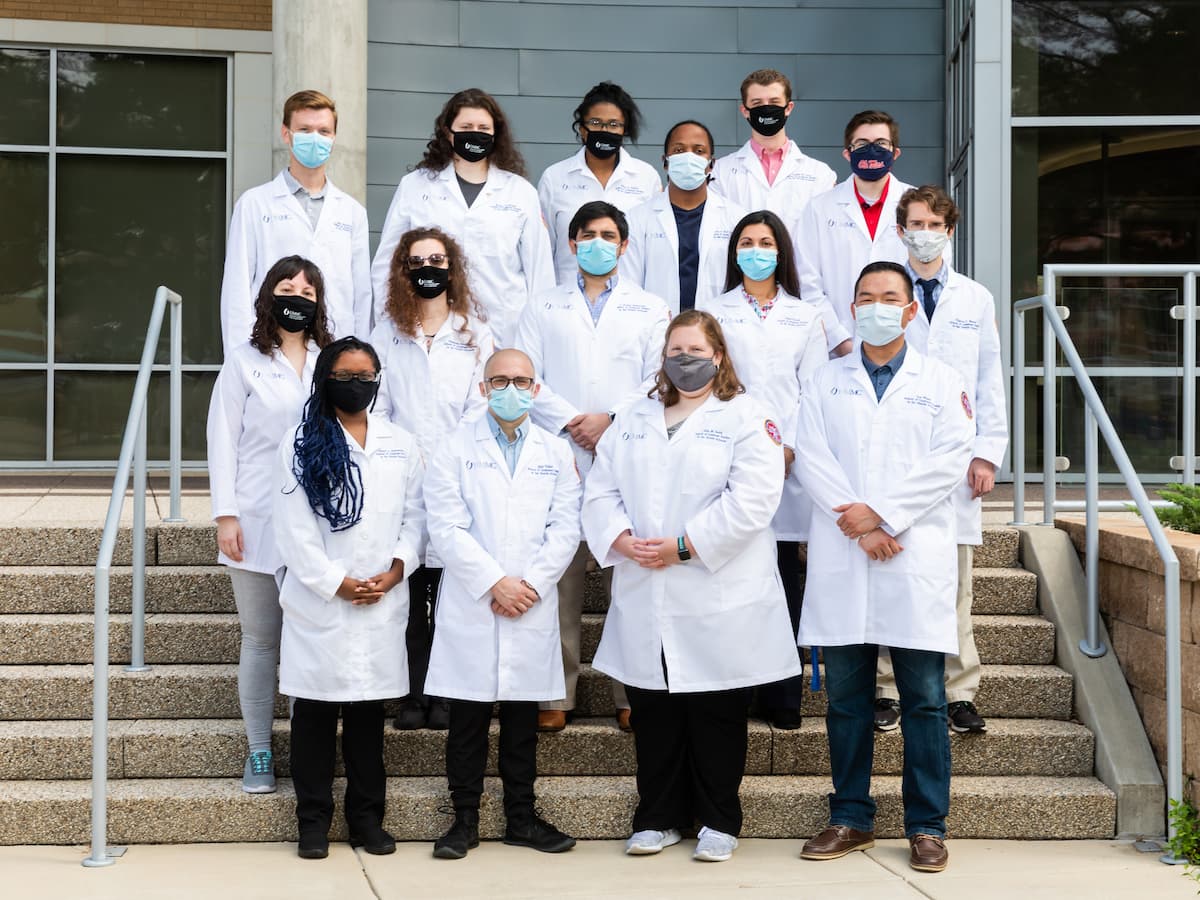Neuroscience PhD Program

In August 2005, a curriculum committee was established to discuss the necessary elements of a graduate curriculum in neuroscience. The Program in Neuroscience (PIN) was established with 25 core faculty within nine departments: Anatomy, Anesthesiology, Biochemistry, Medicine, Neurology, Pathology, Pharmacology, Physiology and Psychiatry & Human Behavior. PIN received Institutes of Higher Learning approval as a degree-granting program in 2006. In 2012, with strong support from the component departments and the Dean of the Graduate School, neuroscience program merged with two core departments psychiatry & human behavior and department of Anatomy (later renamed the Dept. of Neurobiology & Anatomical Sciences). Faculty members of other Departments also engaged in neuroscience research were invited to join the re-structured “Graduate Program in Neuroscience”. This merger served to create a truly inter-departmental program. Classes began in August 2007 with the programs first PhD awarded to Dr. Kedra Wallace in 2009. Dr. Kedra Wallace is now an associate professor in OB-GYN.
At the same time, the program underwent substantial restructuring into a modern, collaborative research training program spanning multiple disciplines, departments, and research areas, and which includes a model of shared governance and collaborative faculty-student participation in a wide range of activities. The Program’s mission is to provide training for the next generation of neuroscience researchers who will be investigating diverse problems of nervous system function in health and disease. Our objective is to educate and train individuals to become independent researchers with a broad understanding of the neurosciences.
At the start of the 2020 Fall semester, there are currently 16 graduate students enrolled in the Program. Our curriculum includes didactic and non-didactic coursework, with emphasis on experimental design, science writing, and communication skills. In addition, students participate in a variety of career building opportunities. Within the past 5 years, all eligible students (must be US citizens) have worked with their mentors to submit an F31 proposal to the NIH seeking training and research support. To date, two of our students have been awarded these prestigious grants. In addition to NIH-sponsored research, students engaged in certain projects also have the chance to apply for other pre-doctoral funding, including from the American Heart Association. Whether ultimately awarded or not, the students receive excellent real-world experience in what it takes to submit biomedical research proposals to the NIH and other grant funding agencies. Feedback from these proposals can also be critical to refining the direction of a student’s research, helping to ensure success in publishing results in high quality scientific journals.
Finally, in the last 5 years, the Program has graduated 14 students with the Ph.D. degree. Graduates from the Program in Neuroscience go on to traditional post-doctoral training at institutions such as Duke, The Mayo Clinic, Wake Forest, Univ. Michigan, and Columbia Univ., to name a few. Others have gone on to work in industry, including as Medical Liaison in the pharmaceutical industry.


